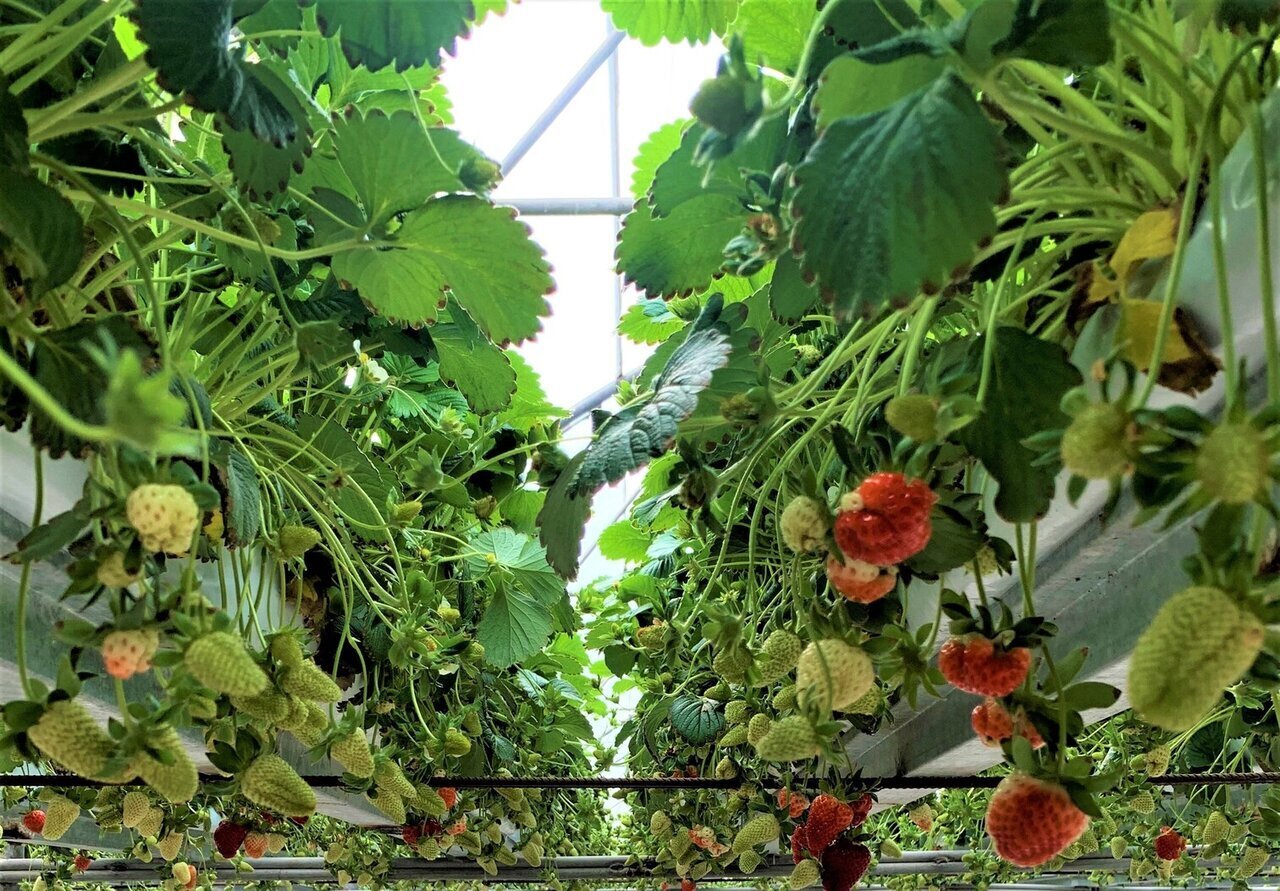Iran’s annual greenhouse output stands at 4m tons

TEHRAN- Iran’s deputy agriculture minister for horticulture affairs announced the annual production of four million tons of quality greenhouse products in the country.
Mohammad-Mehdi Boroumandi said that Iran's modern greenhouses are not only equal to European modern greenhouses, but also superior in some cases.
In the field of horticulture, one of the important programs based on the government’s plans is the development of greenhouses in the country, for which many efforts have been made to commercialize and improve their quality, the official stated.
“In the past, we depended on other countries to create greenhouses, and even our greenhouse structures were imported from abroad, but now we have reached a point where we help many countries in the world and neighboring countries in developing greenhouses”, he further highlighted.
In last July, the director of the Agriculture Ministry's Greenhouse Development Program announced that 23,000 hectares of lands are under greenhouse cultivation throughout the country.
Mehdi Lotfi-Zadeh also said that 150,000 hectares of new greenhouses are planned to be set up in the country during a five-year program based on the Seventh National Development Plan.
As stated by the deputy agriculture minister, the development of greenhouse cultivation is a major policy of the Agriculture Ministry.
In this regard, several projects have been defined and introduced to the banks, and as soon as the notification is made, the projects will receive facilities and their implementation will begin, the official added.
In recent years, the water crisis has caused serious challenges in Iran’s agriculture sector.
To solve this problem, several solutions, including the implementation of pressurized irrigation projects and greenhouse cultivation, have been emphasized by experts and officials in this sector.
Iranian Agriculture Ministry’s Greenhouse Development Program is one of the priority projects of this ministry which aims at increasing productivity, efficiency, and water consumption management in the agriculture sector.
The program was approved in the Iranian calendar year 1395 (which ended on March 20, 2017) under the framework of the National Resilient Economy Plan.
The development of the country’s agricultural parks and greenhouses not only is going to create new job opportunities but also increases the country’s non-oil exports and helps preserve the environment and the national water and soil resources.
Cultivation in the controlled space of the greenhouse will have an average of 10 times higher yield per unit area than outdoor cultivation due to suitable environmental conditions.
For example, in the case of cucumber, each square meter in the greenhouse will have a production capacity of 20 kilograms of cucumber, while compared to an outdoor production, the production capacity of one square meter of arable land will be much lower and about two kilograms.
Significant reduction in water consumption in modern greenhouses is in fact the major advantage of greenhouse cultivation.
In greenhouse cultivation, due to the closed environment, water loss through various evaporation ways is greatly reduced. Also, through mechanized irrigation methods such as irrigation canvas and irrigation tape, water consumption is minimized.
Increased control over pests, weeds, and diseases is the other advantage of greenhouse cultivation.
In greenhouse cultivation, due to accurate monitoring and control of pests and diseases, especially the use of biological control methods and a sharp reduction in the use of chemical pesticides, we will see an increase in product quality, that will lead to the popularity of the product in the market and increase export capability.
As a result, along with preserving the soil and environment, we will see good foreign currency income.
MA
